The Differences Between Open Cell and Closed Cell Insulation
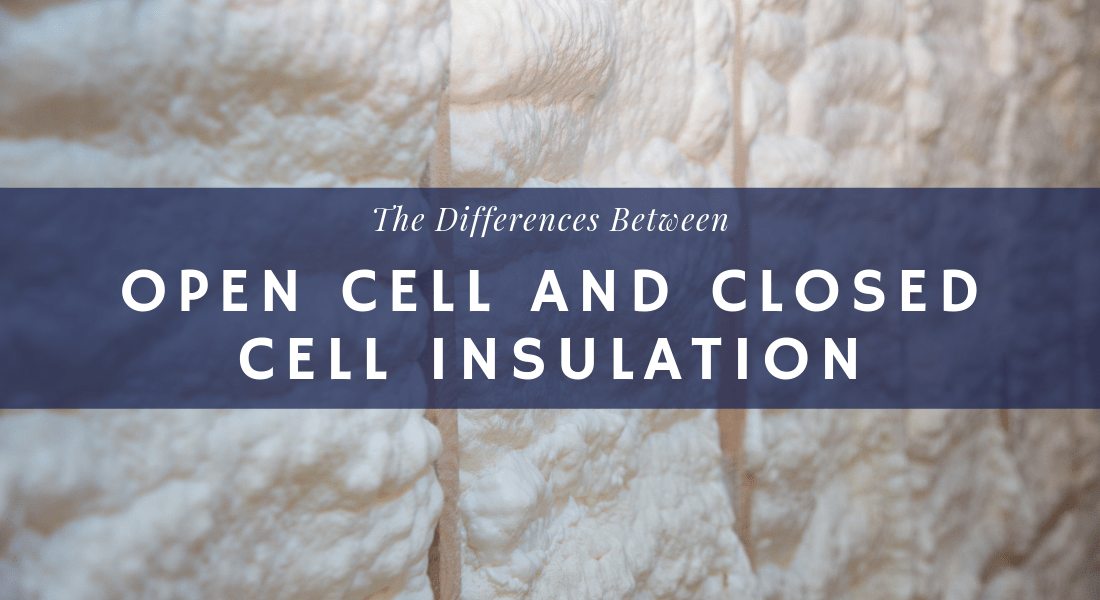
Perhaps you’ve decided that you want to insulate your home with polyurethane spray foam. That’s great—spray foam insulation is a popular option because it’s cost-effective and energy efficient. But what you may not know is that there are two different types of spray foam. While they both accomplish the same job, they vary in density and other aspects. Let’s examine the differences between open cell and closed cell insulation.
Closed Cell Foam
The more common type of the two spray foam insulations, closed cell foam is dense and rigid. It doesn’t expand, so air and moisture can’t make their way inside the foam. Furthermore, because it’s airtight, this type of foam is better at regulating temperatures. Thanks to its glue-like consistency and high R-value, closed cell foam adds structural strength and impact resistance to buildings. It’s useful in commercial and industrial applications, but companies may also use it for residential projects that require insulation below grade. If your project requires robust insulation, consider using closed cell spray foam. It must be applied in thin coats, so it takes longer to install, but the results are worth it.
Open Cell Foam
On the other hand, open cell foam is flexible, lightweight, and soft. It’s also easy to install and expands rapidly, so companies are able to use less of it. Because it’s sponge-like, open cell foam is typically better for hard-to-reach areas in building interiors, and it’s also ideal for dampening sounds—if you need to insulate nooks and crannies, choose open cell spray foam. However, because it’s less solid in structure, open cell foam doesn’t perform as well when it’s exposed to extreme temperatures or the elements. Plus, open cell foam has an R-value of about 3.5 per inch—the lower the R-value, the less insulation power a substance has. For comparison, closed cell foam has an R-value of around 6.0 per inch.
Should you need spray insulation in Chicago, Paragon can help. Our professionals perform quality work on commercial and residential buildings. We’ll help you select the right foam for your budget and project. Best of all, we stand behind our insulation product for five years. For more information regarding our insulation services, contact us today.

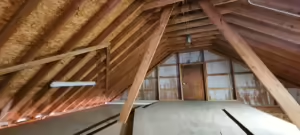
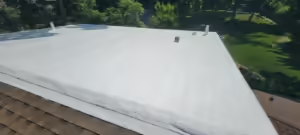
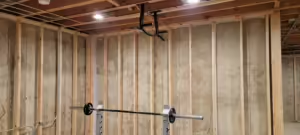
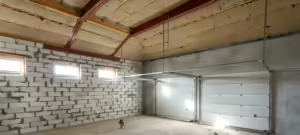

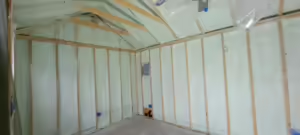
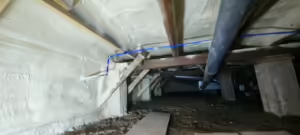
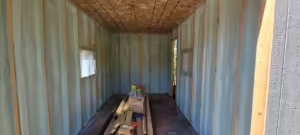
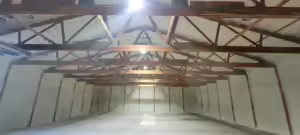


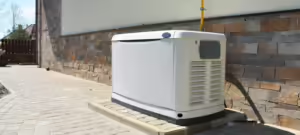
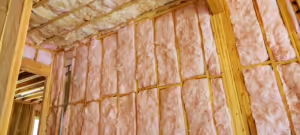
 Professional Insulation Services
Professional Insulation Services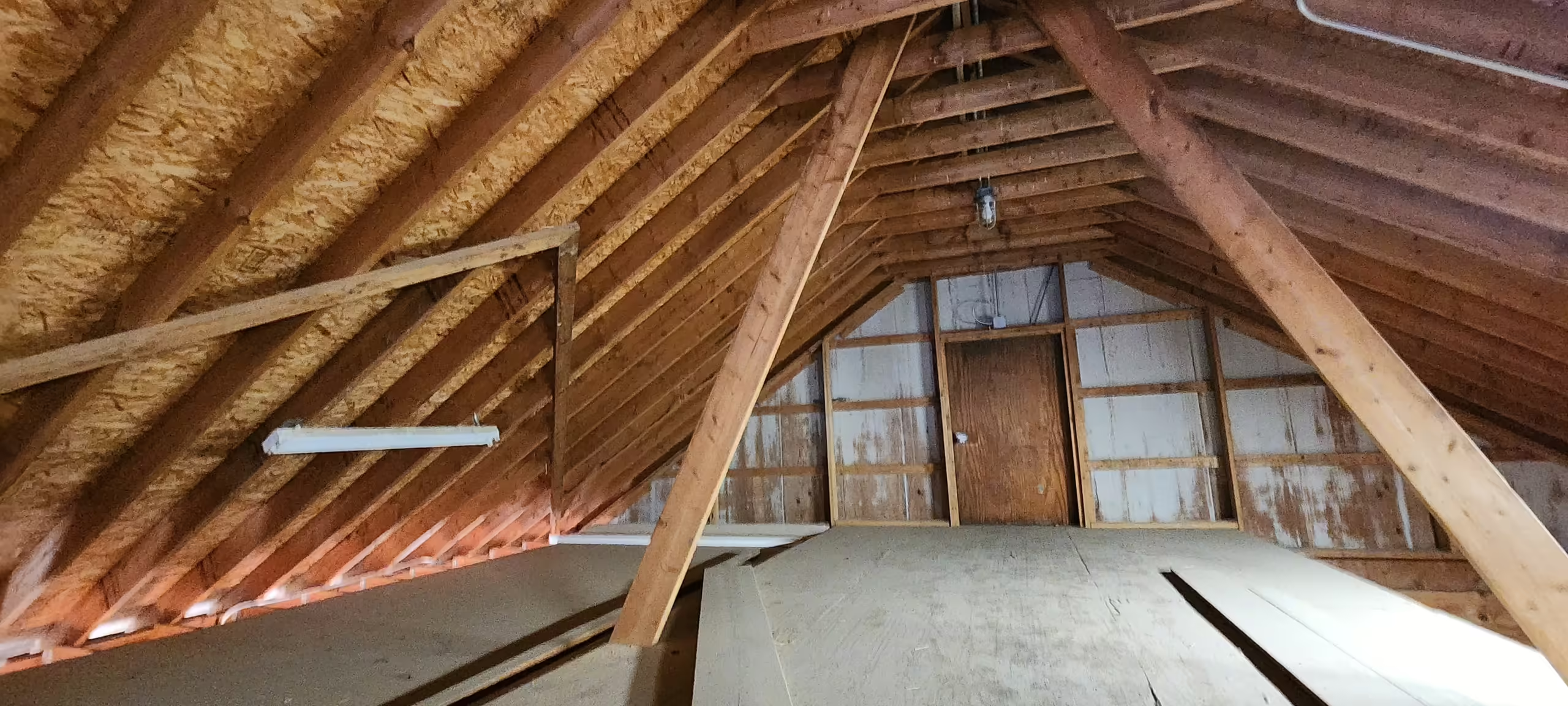 Attic Insulation Services
Attic Insulation Services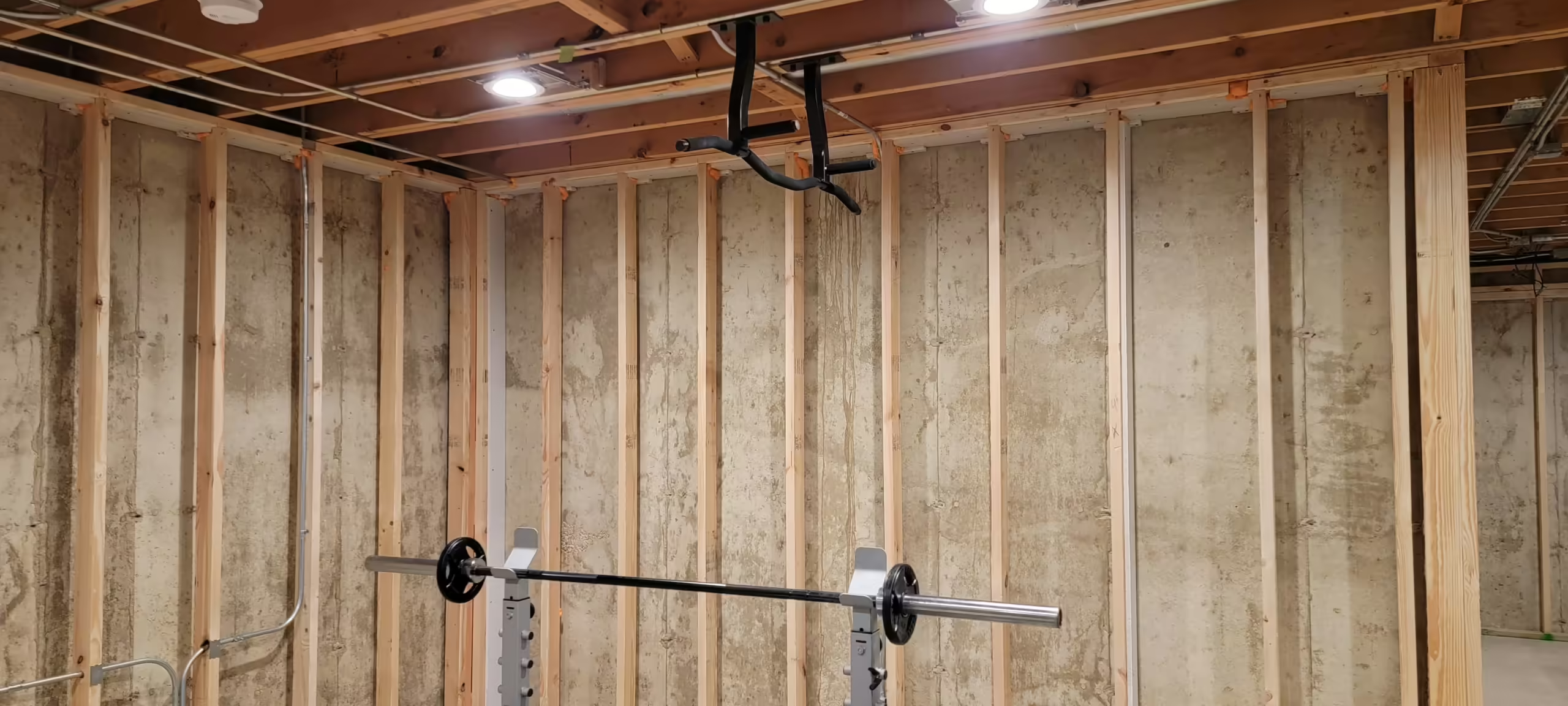 Basement Insulation
Basement Insulation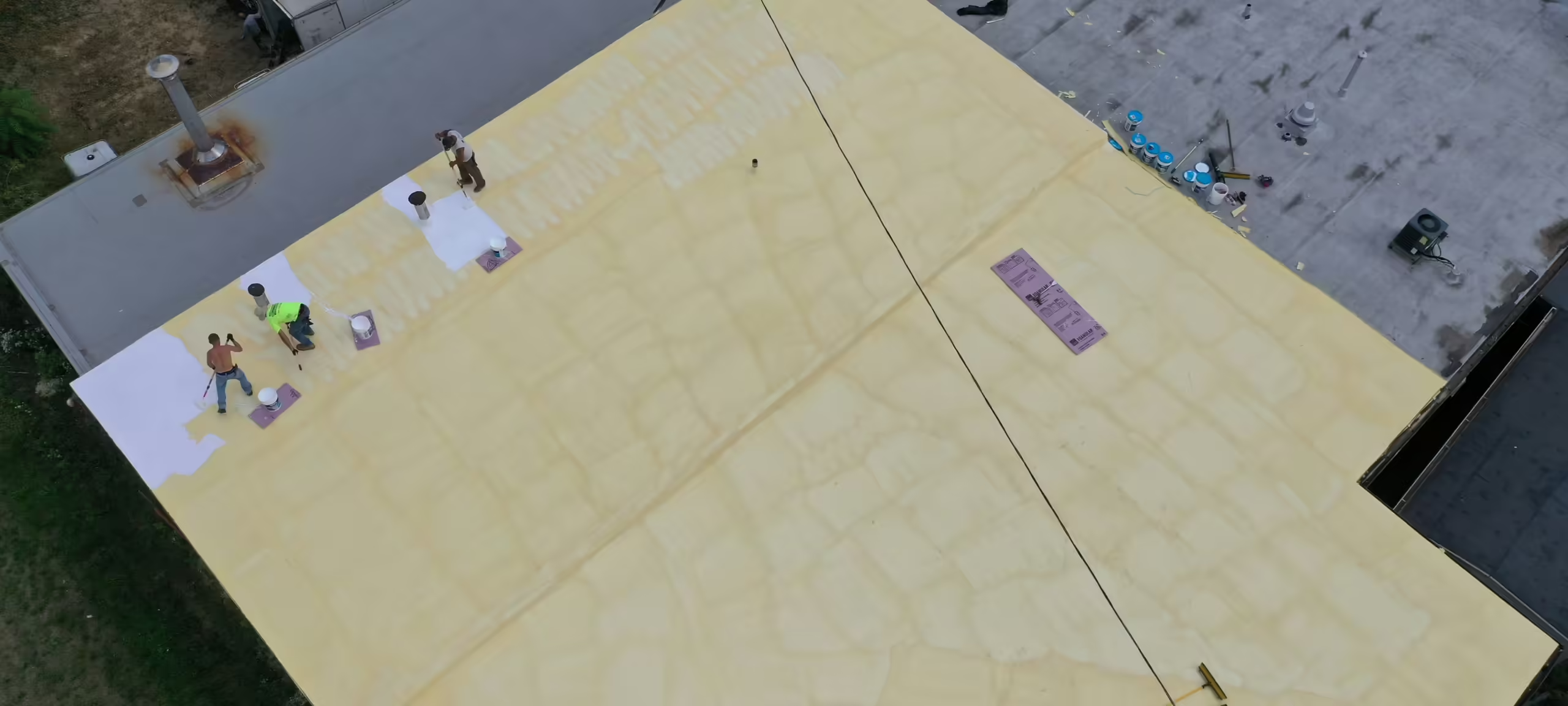 Commercial Insulation
Commercial Insulation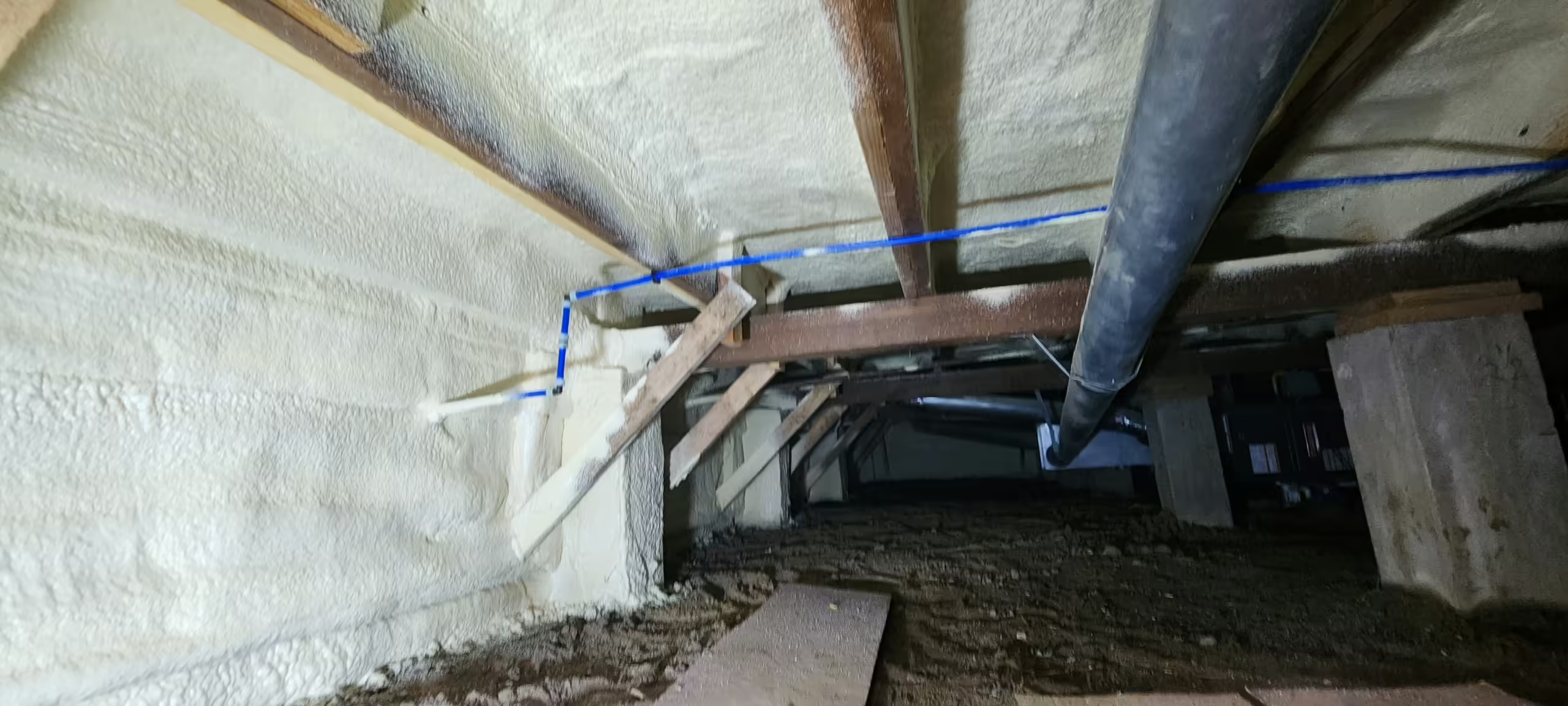 Crawl Space Insulation
Crawl Space Insulation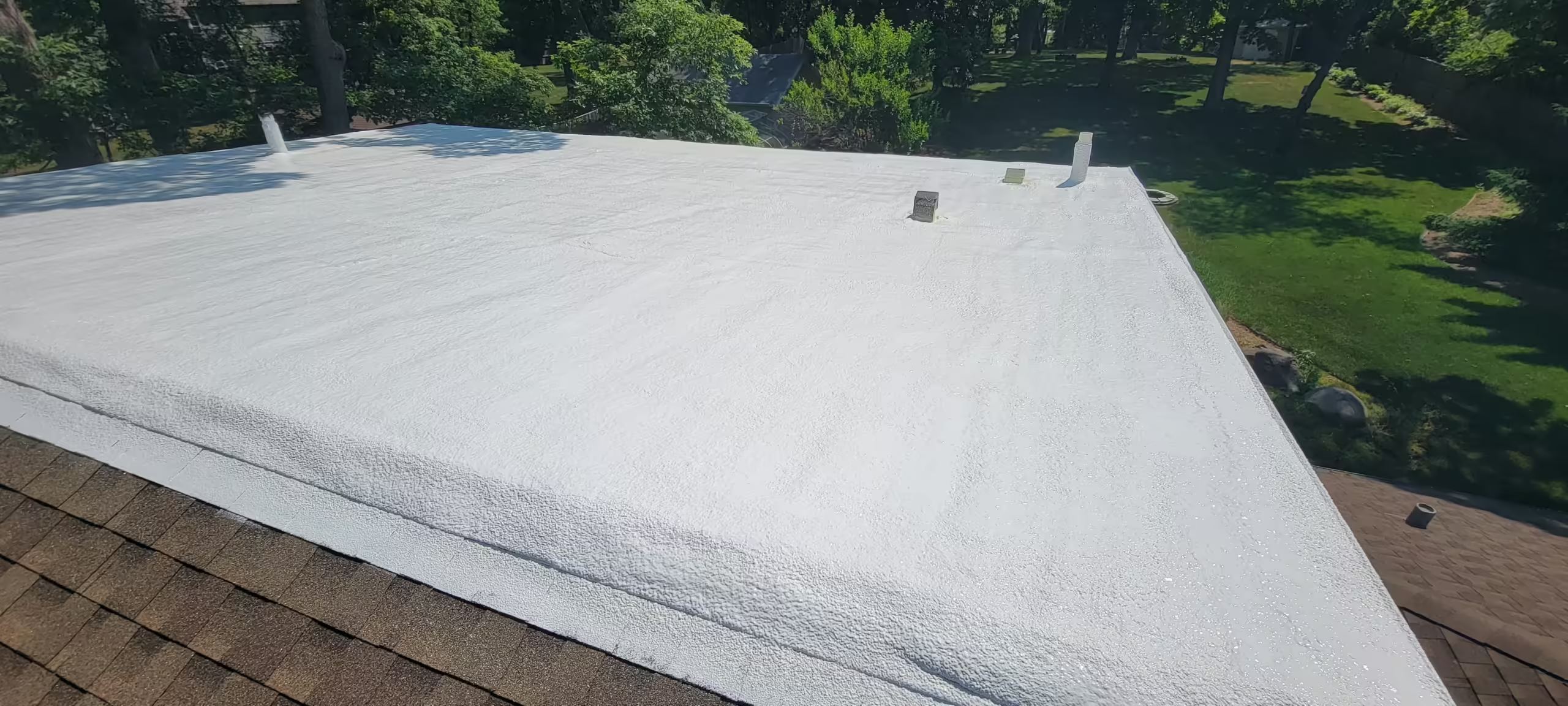 Exterior Wall Insulation
Exterior Wall Insulation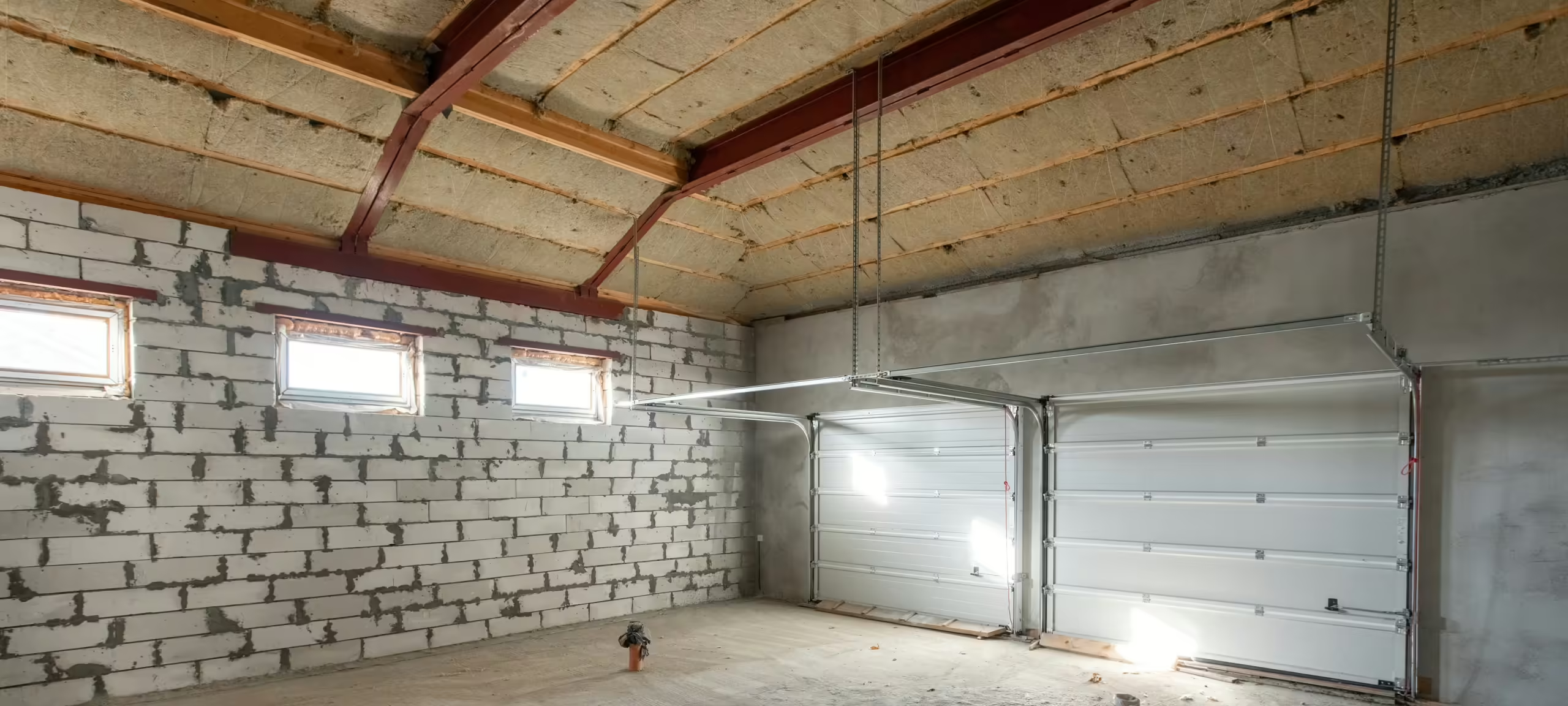 Garage Insulation
Garage Insulation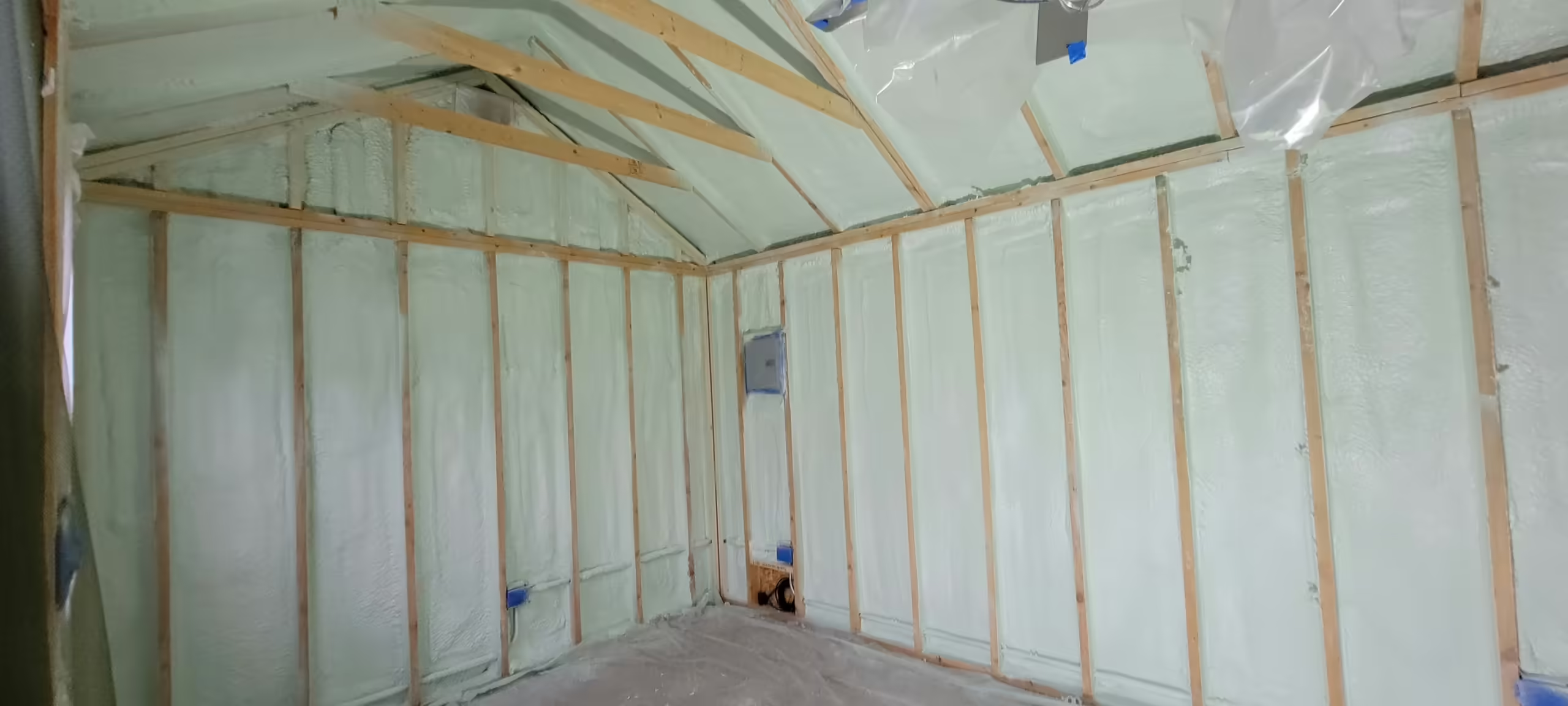 Interior Wall Insulation
Interior Wall Insulation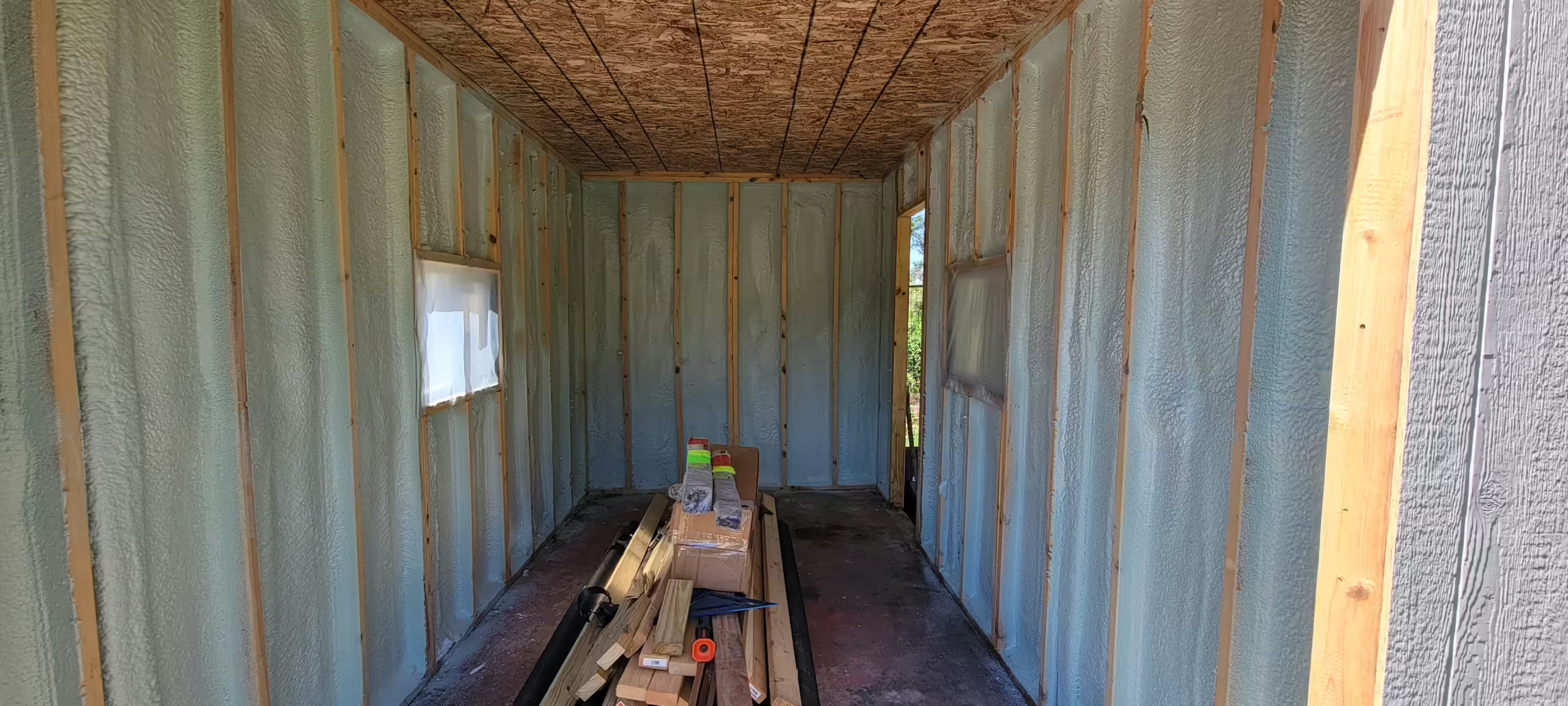 Shed Insulation
Shed Insulation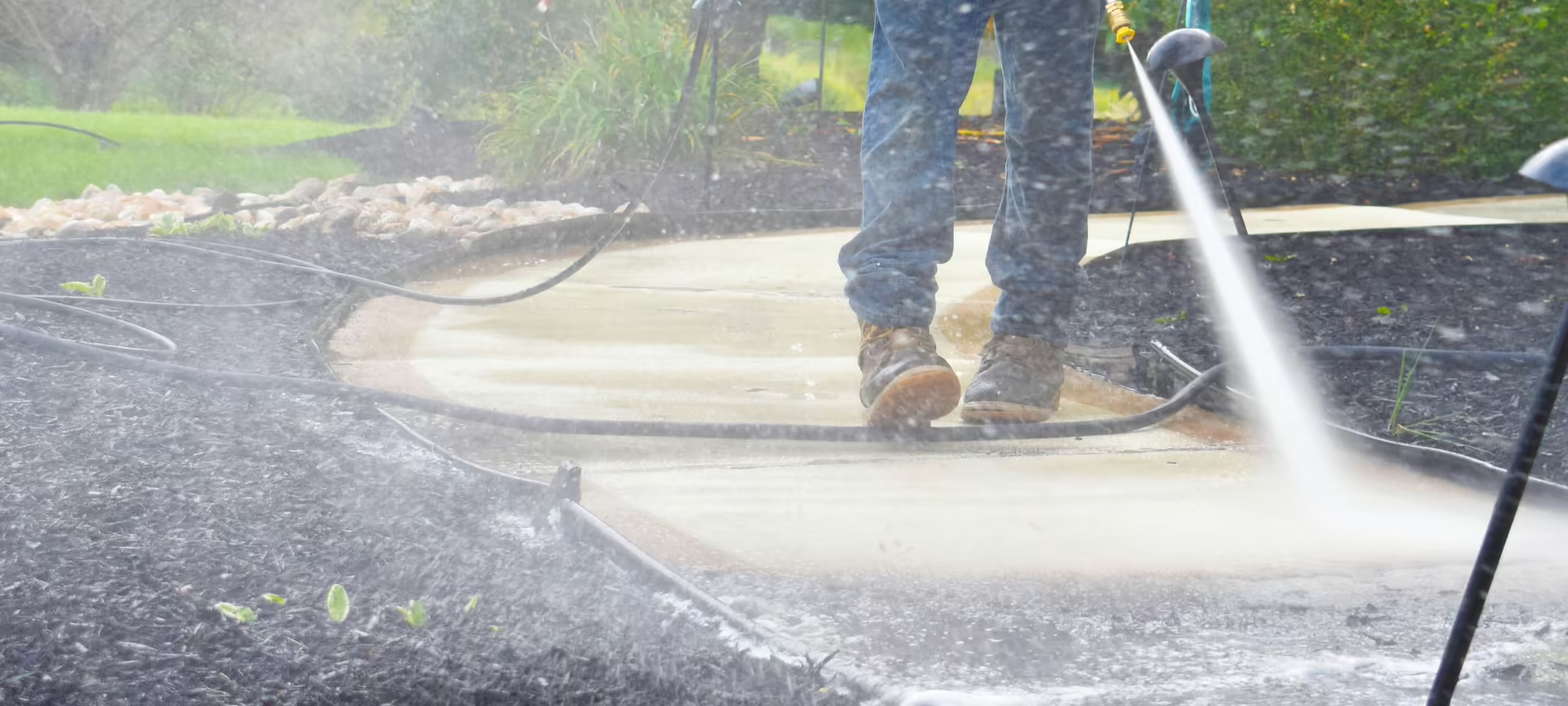 Power Washing
Power Washing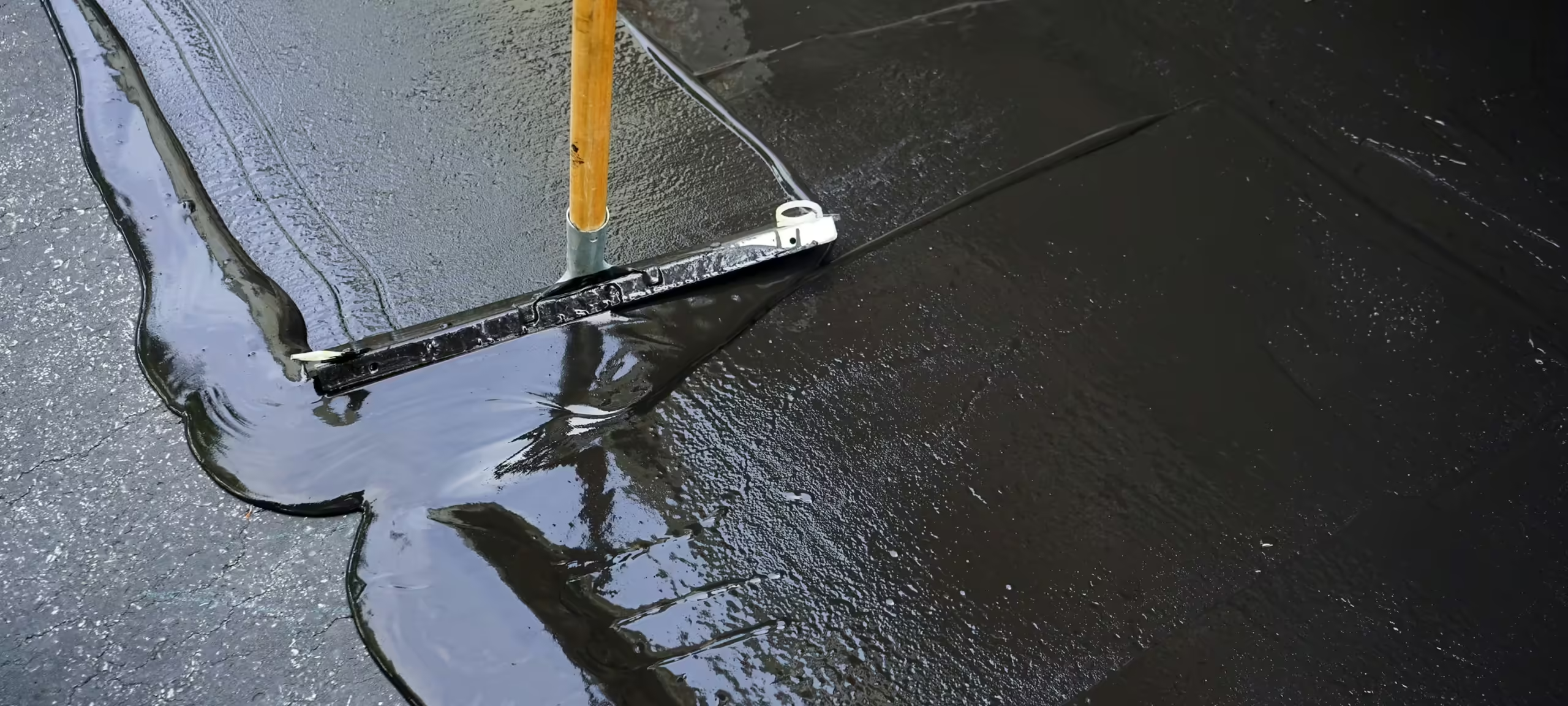 Sealcoating
Sealcoating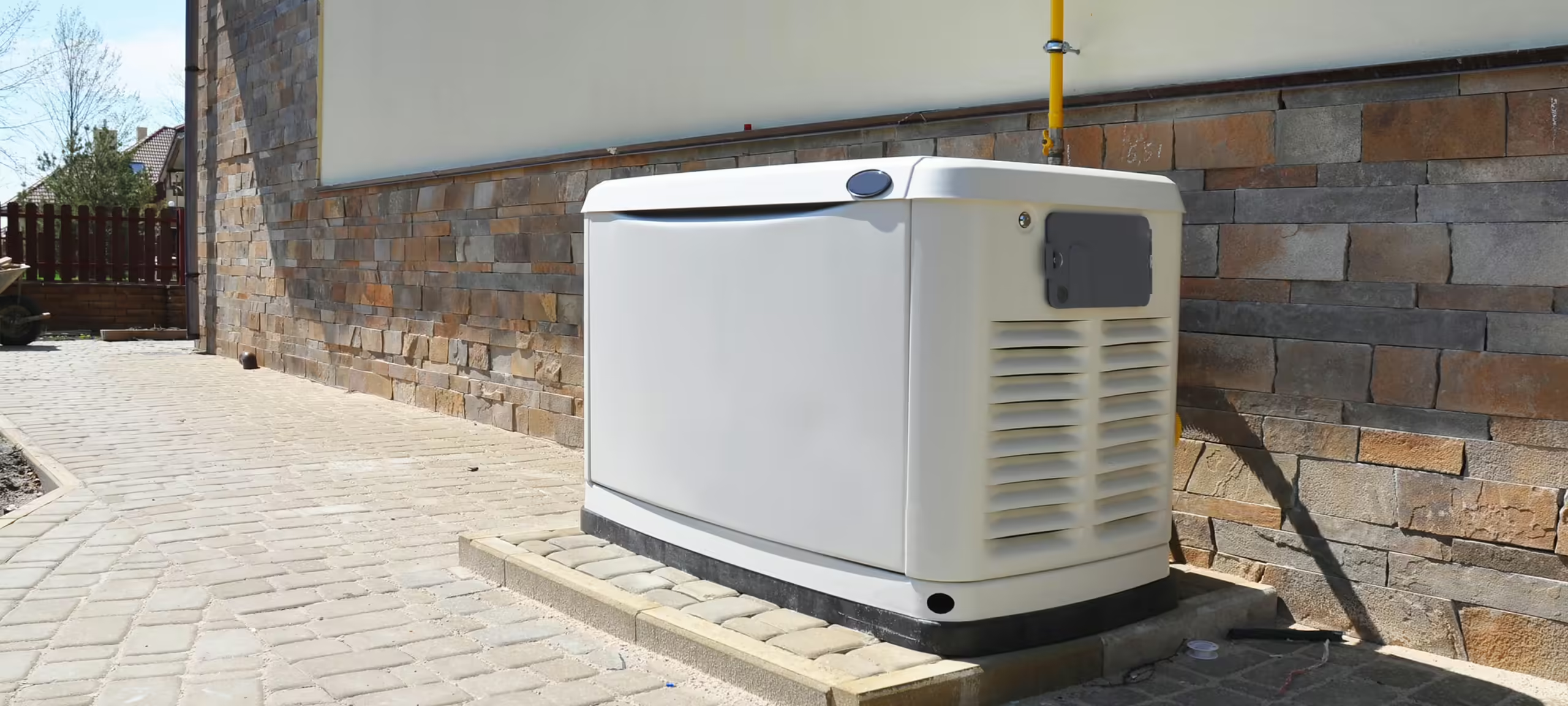 Backup Power Generators
Backup Power Generators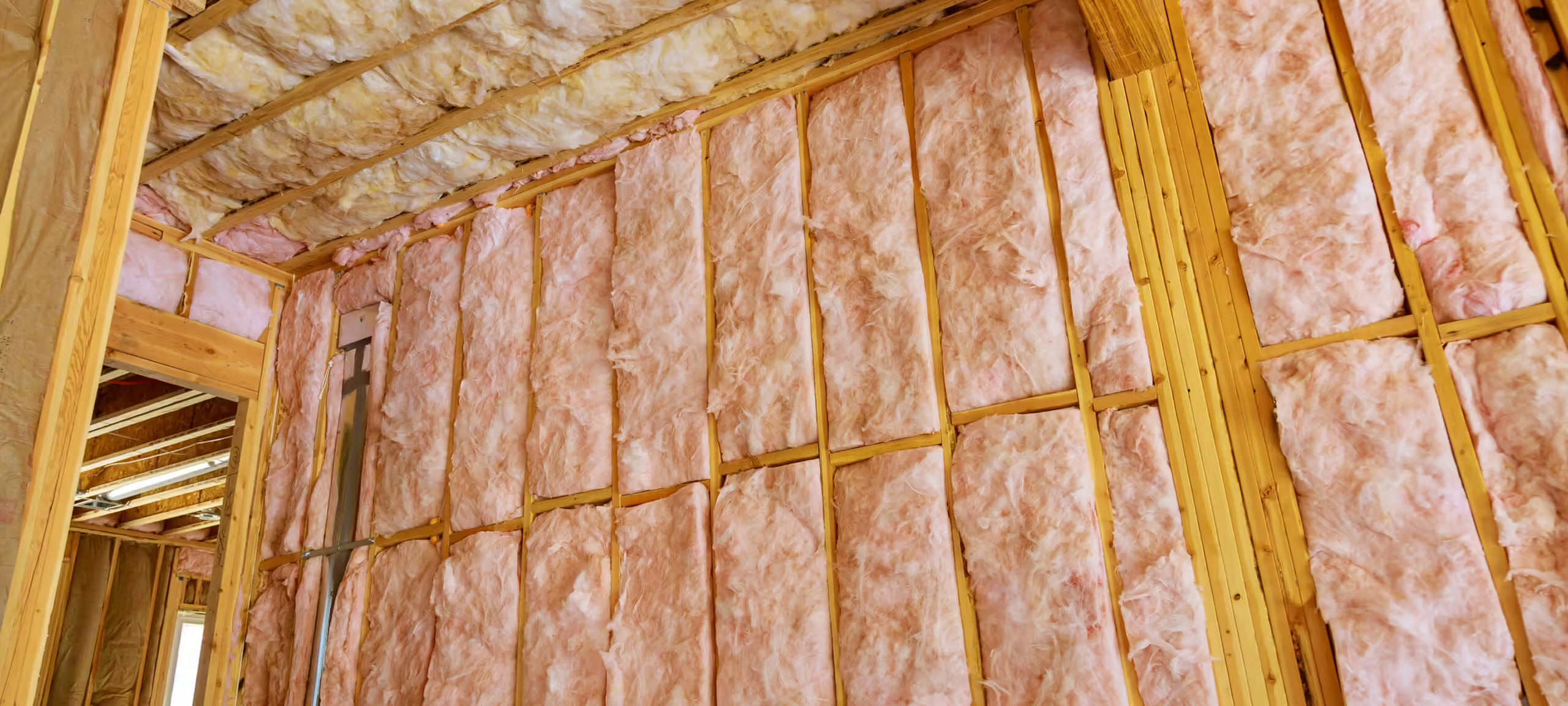 Insulation Removal Service
Insulation Removal Service Lake County Insulation
Lake County Insulation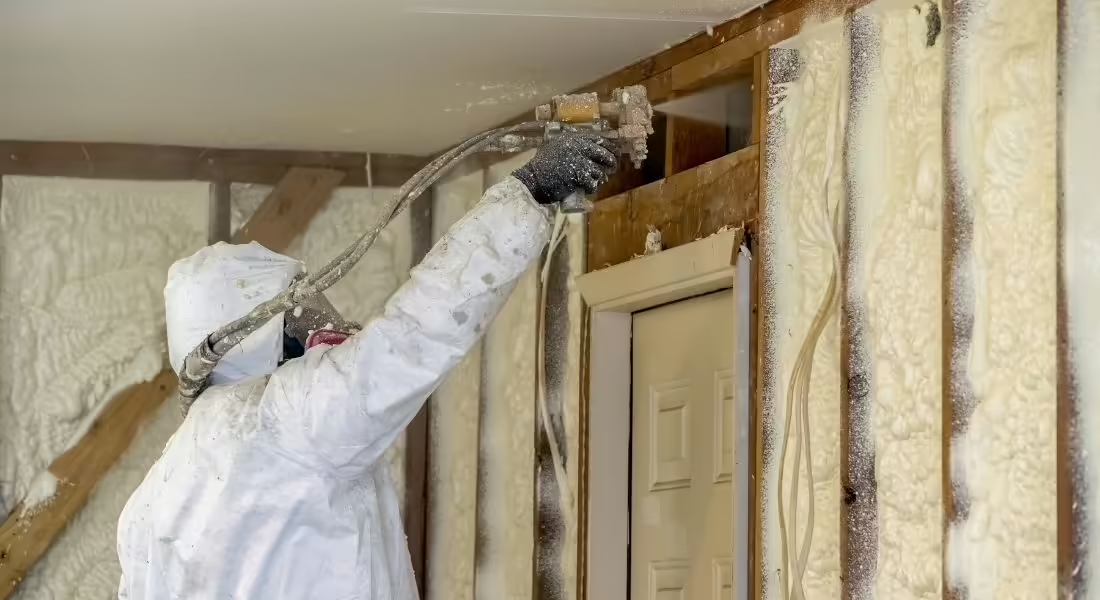 Spray Foam Insulation Guides
Spray Foam Insulation Guides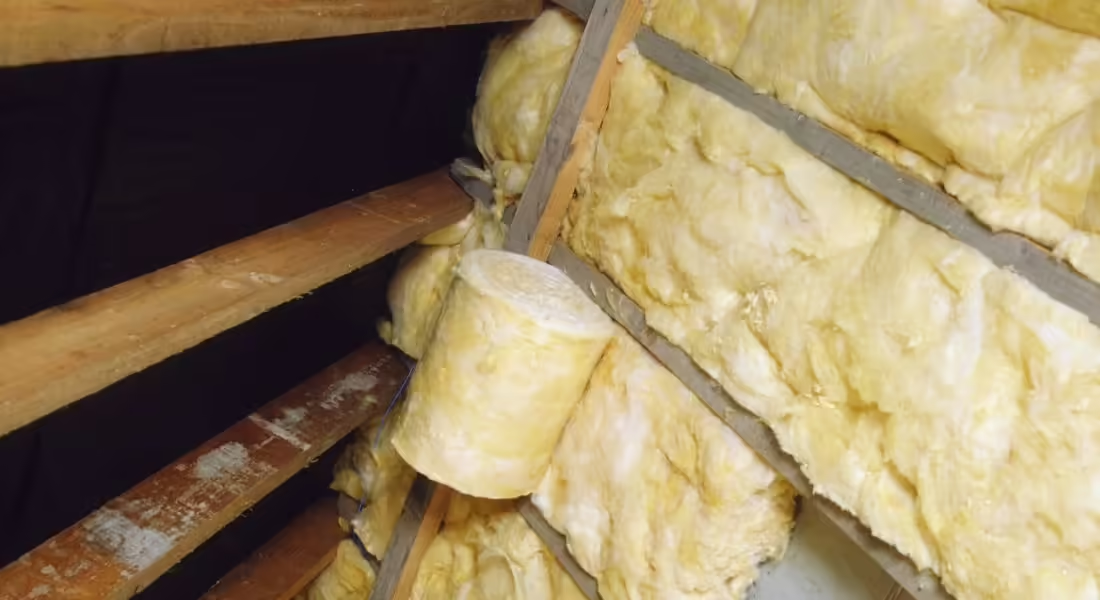 Insulation Guide
Insulation Guide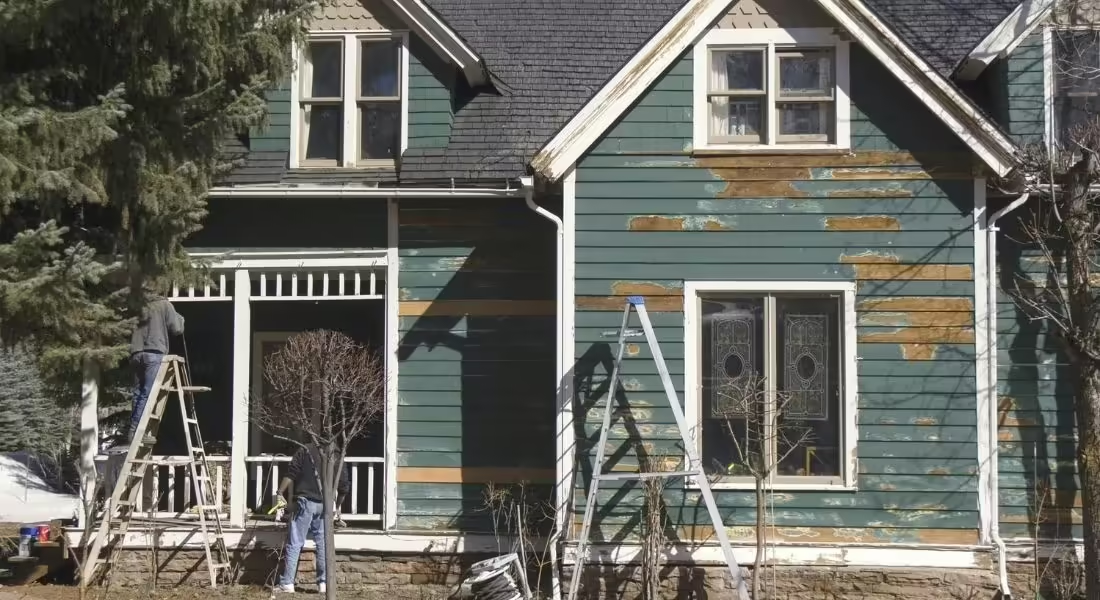 Home Improvement & Maintenance Guide
Home Improvement & Maintenance Guide